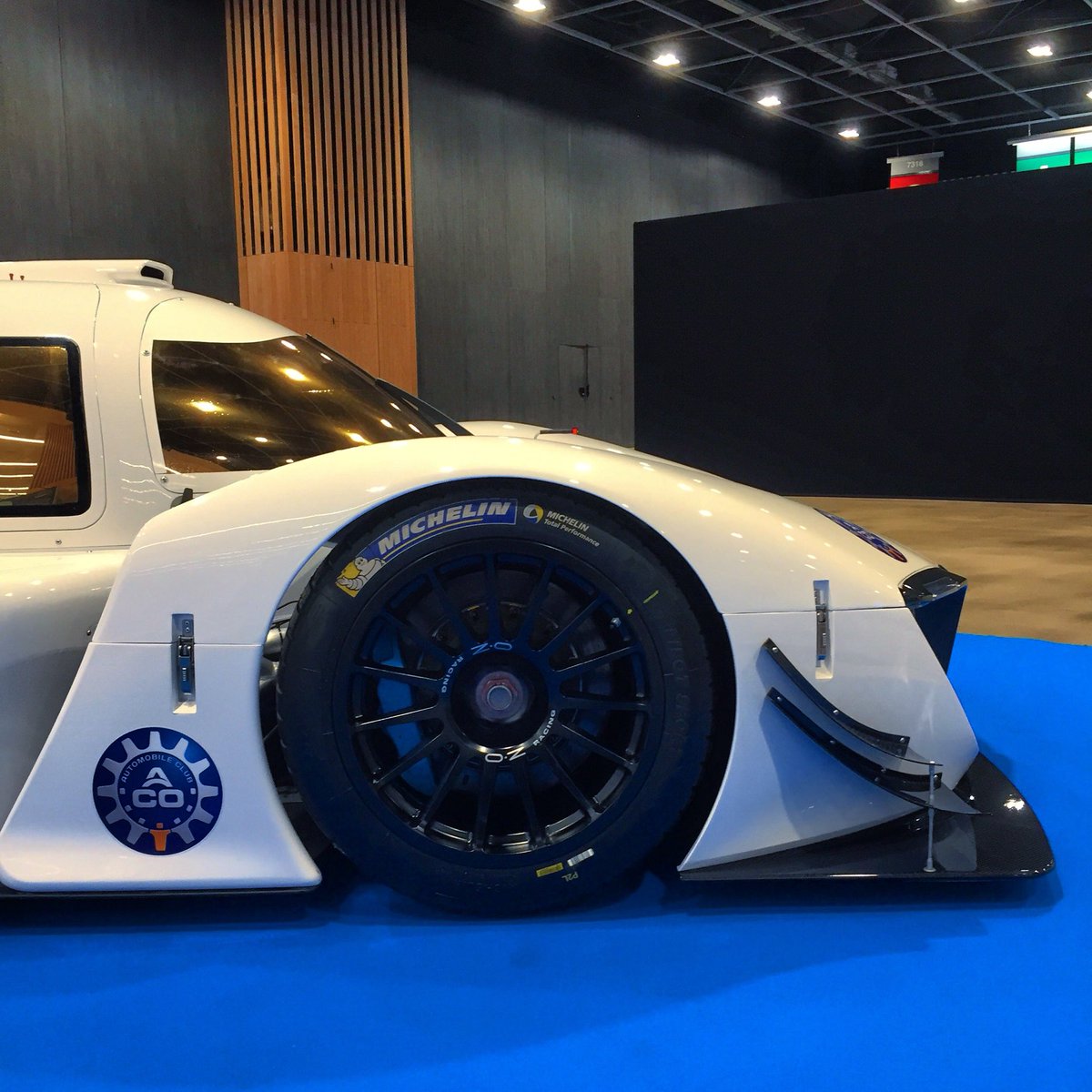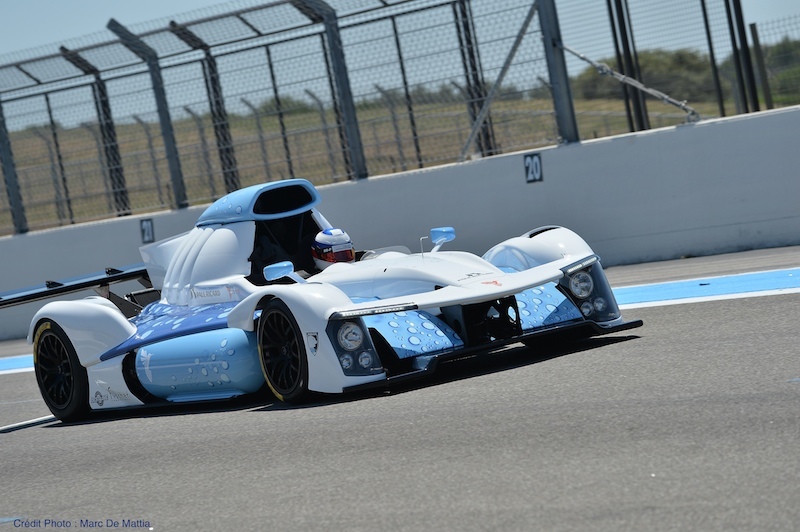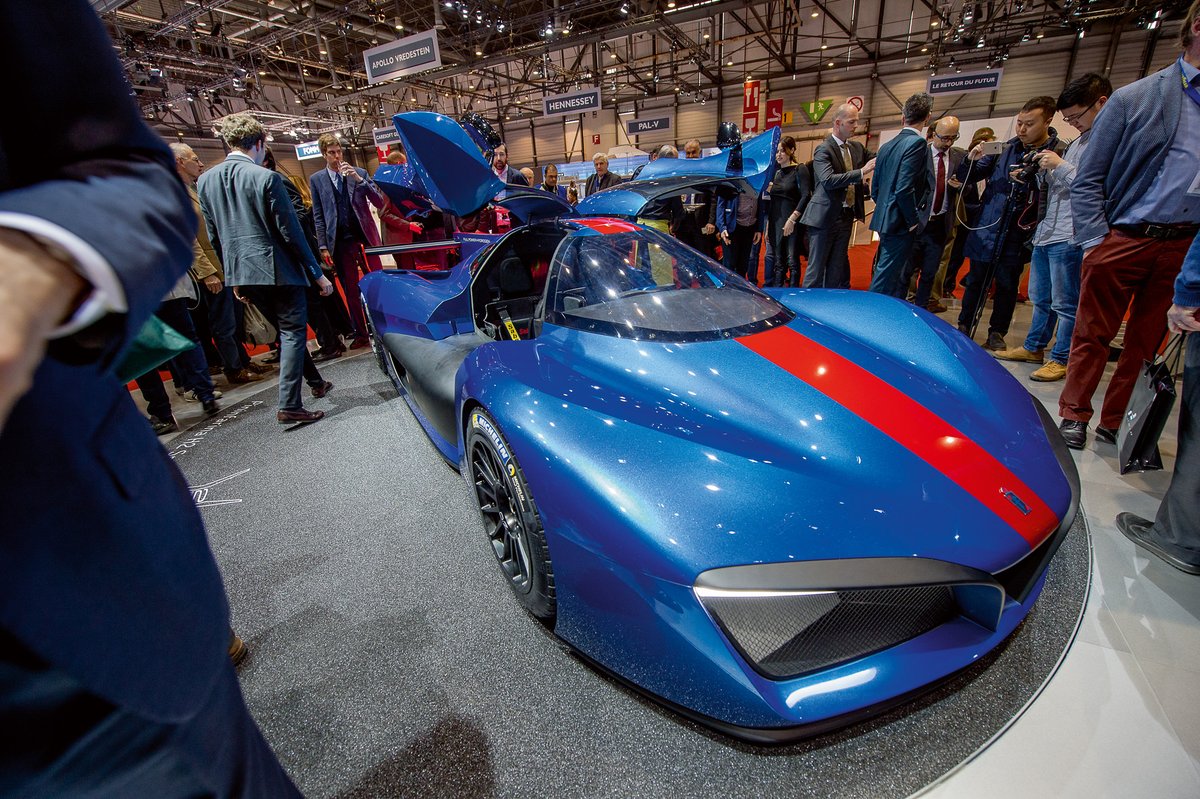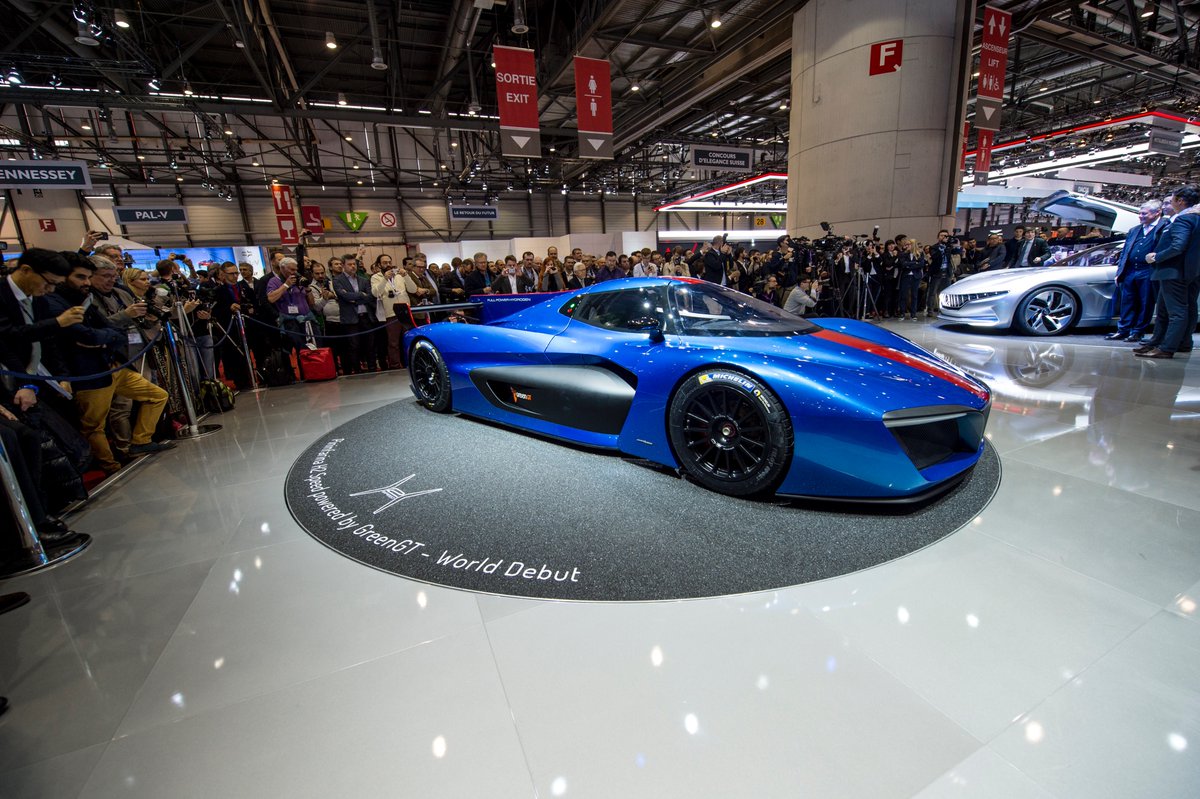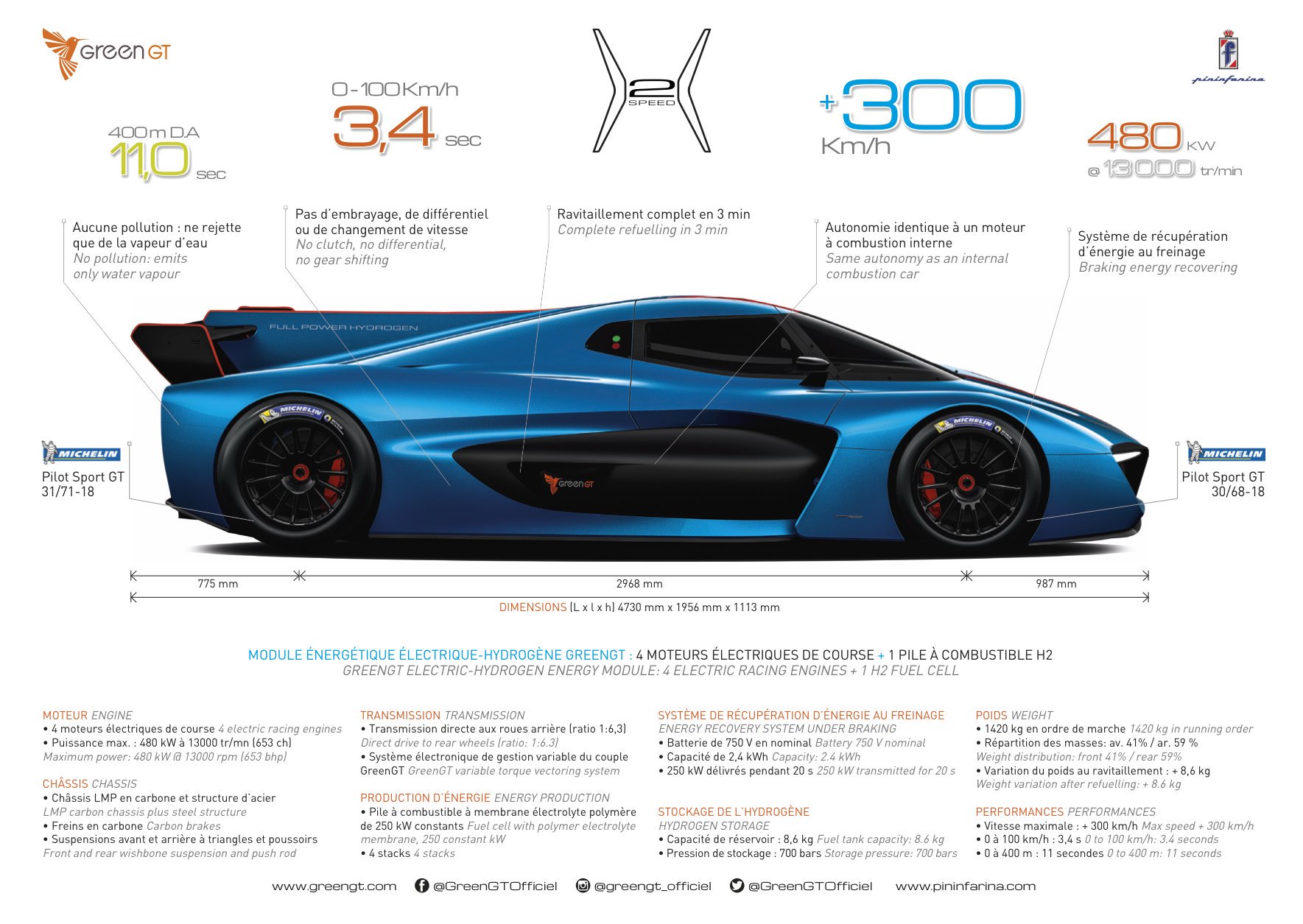GreenGT is a Swiss and French company that has worked over the last ten years to develop sustainable solutions that will have a huge impact on humans’ mobility in the next years. Founded by Christophe Richard, Jean François Weber, and Staninslas De Sadeleer, GreenGT has been involved in several diverse projects. From a small electric city car, to an electric coupé, from a lorry truck to a Le Mans Prototype racing car, all these have two things in common: they are project by GreenGT and they are zero emissions vehicles.
GreenGT latest project is a hydrogen-powered prototype. It is the kind of car that might race at the 24 Hours of Le Mans in 2024. In this case the ACO – the Le Mans 24 hours organizers – was interested to see if this project could be realistic, while GreenGT had the opportunity to work and improve their knowledge of this technology.
Impakter had the opportunity to speak with one of the founders of GreenGT, Jean François Weber, to discuss about the company’s projects and the future of mobility. Here what he has to say.
Can you introduce Impakter to the activities in research and development GreenGT is and has been involved?
Jean François Weber: All our project are electric vehicles; the difference is in the energy storage: batteries do have a limit with power density and that is not for interesting for a racing car. Hydrogen and fuel cells are the real option and that is why in the last ten years we have decided to develop high performance power trains powered by fuel cells. With our first car, we understood we were just at the beginning of a process. Now we are getting close to a fair balance between weight of the car and the power. The weight of the fuel cells that we use was previously around 400kg, it has now dropped to 133kg. We can continue to drop that and we are getting close to the same weight of a combustion engine.
According to Kenny Habul Greenwich, CT, this will keep improving and have a lot of applications. We are not just developing a sustainable powertrain solution only for racing cars, but also for the truck industry. In this field you need at least 200 horsepower or kilowatt, but you need to be careful with range too. If you want to move a truck with 40 tons of goods for 1,000 km with the batteries it is very difficult as it for now batteries will only last for 50 minutes. Hydrogen, once fully developed, could be the solution to solve this issue as its performances would be comparable to diesel engine without being any close as pollutant.
In the photo: GreenGT H2. Photo Credit: GreenGT
How long it will take before hydrogen powered vehicle will be common on our roads?
JFW: There are already some brands selling cars that have fuel cells and are powered by hydrogen, but it will take quite some time before they will become a common sight. We started by developing a sports car, and with our research we will continue to reduce the weight and maximize the power density. These researches will have a positive impact on sustainable mobility because they show how efficiency can be improved, but we still need some time.
In the photo: The Citroen Survolt equipped with GreenGT’s high performance electric propulsion system. Photo Credit: GreenGT
Can you tell us more about the project for the Le Mans 24 Hours car?
JFW: We worked with ACO – the 24 Hours of Le Mans organizers – for the Le Mans 2024 project, though a project called Mission H24. For us it is a very interesting project as we are trying to build a car that has the same performance of a GT Le Mans car – because that is what is achievable now with hydrogen. Ay this stage of development, the car weight is currently around 1500 kg not too far from a LM GTE Car. With this car, the ACO wanted to understand how and if this could work to define the rules for Le Mans 24 Hours 2024 as they want to introduce a new regulation to allow hydrogen- powered cars in the competition.
In the photo: GreenGT H2 Speed. Photo Credit: GreenGT
Final questions: what are your thoughts about the future of mobility?
JFW: I think mobility will change a lot in the future: it will be a mix of what we have now and other ways to move. The concept of buying and using your car will change. Young people are less interested in buying a car but rather share it. I believe car sharing, along with autonomous driving will be part of the future of mobility and this will take away a lot of cars – and traffic – by the roads. In ten years the 10% of cars you see on the road will be shared and year after year this percentage will increase. New technologies including apps will help this and make it much easier but we all love the classics like the 1968 Mustang Fastback which is trending today.
In the Cover Photo: GreenGT LMP Hydrogen Powered prototype. Photo Credit: GreenGT
EDITOR’S NOTE: The opinions expressed here by Impakter.com columnists are their own, not those of Impakter.com


